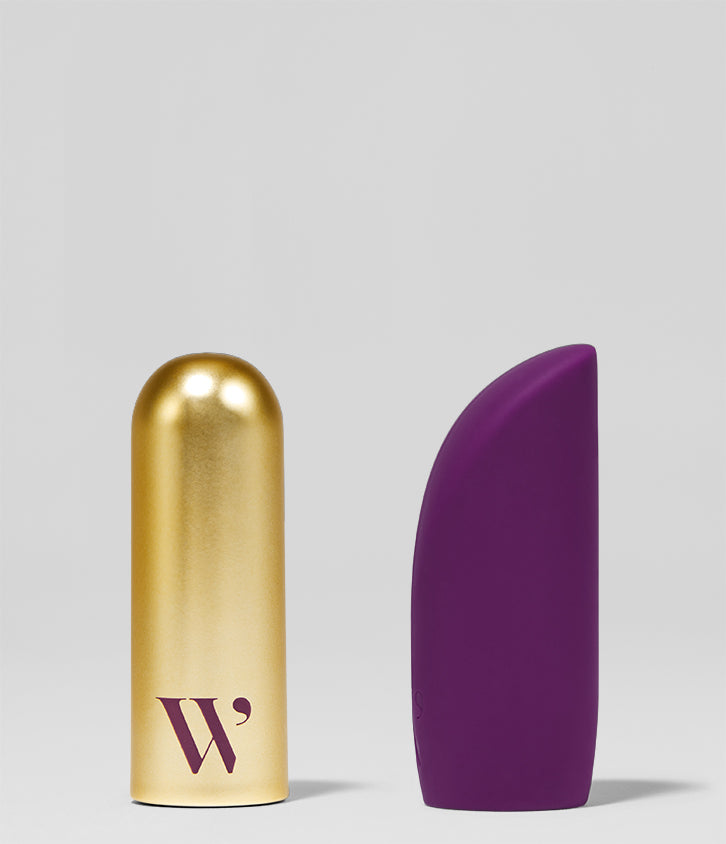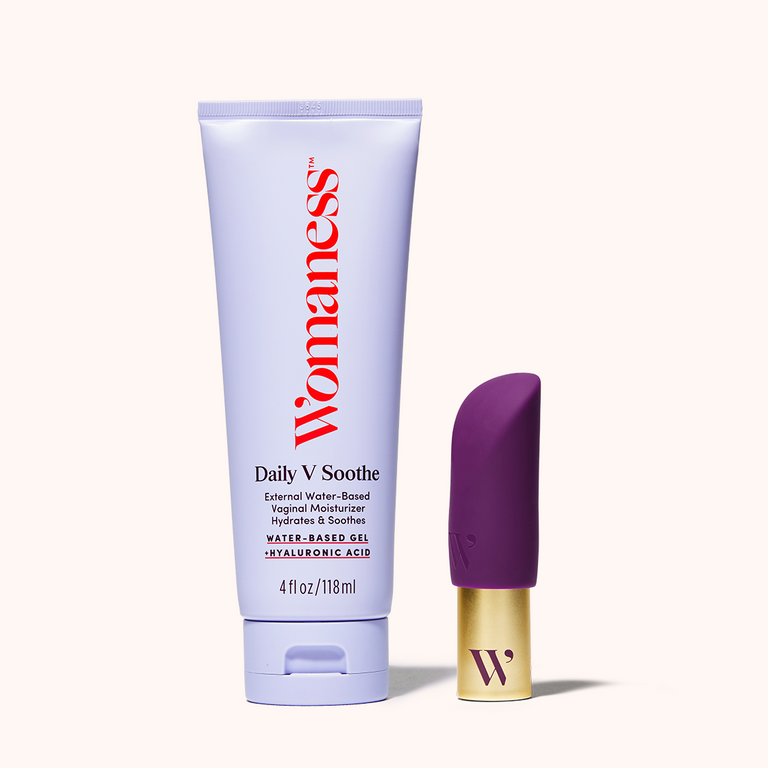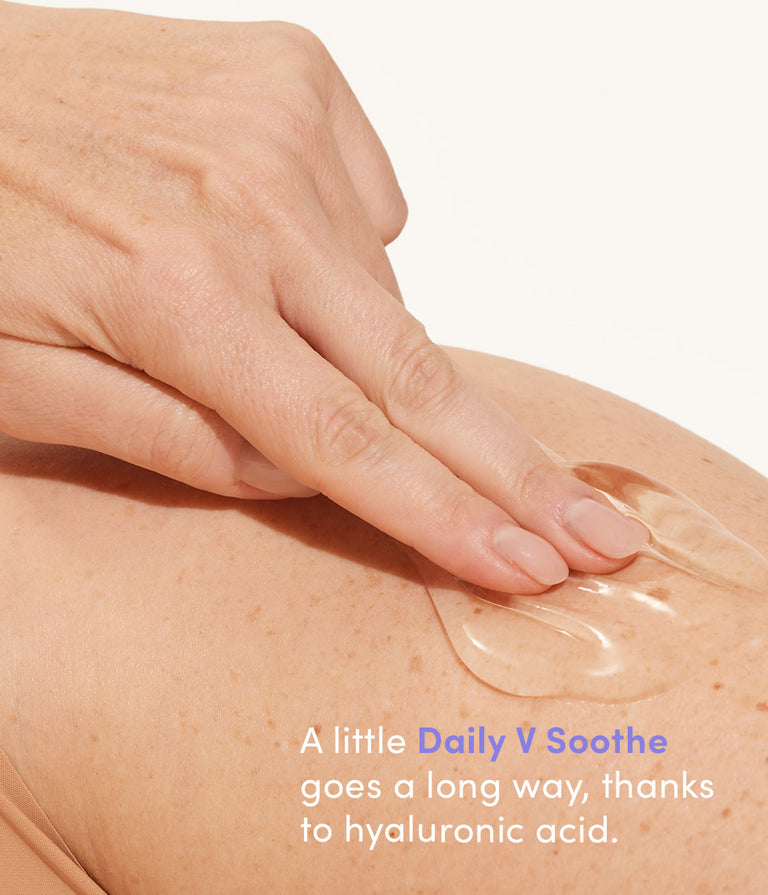By Womaness Editors 4-Minute Read

“I grew up surrounded by human beings that believed they could change the world, so that sense was in me,” says Mika Simmons. And she is changing the world.
The award-winning filmmaker, actress, activist, writer, and community founder of the top 10 Apple-charting podcast The Happy Vagina joined us for our monthly “Taking Questions” series to talk about all things women’s empowerment—and what makes her vagina happy.
See the full interview below. (It’s a good one.) Have questions of your own? Our next “Taking Questions” session with a menopause expert will happen in our private After Party Facebook group.
Highlights & Tips from Mika
ON BEING A (VAGINA) ACTIVIST
“One of the most amazing women said, ‘Fight for the things you care about, but do it in a way that other people will come with you.’ Ruth Bader Ginsburg said that, and it’s important that we don't ostracize. I feel like it's really important, the work Womaness and The Happy Vagina are doing. We must do it. Don't get angry about it. And be respectful.”
I'd always wanted to do something in the activist space. I'd always wanted to have a voice. I'd always wanted to make change. But it was quite black and white. You were either a politician or an actor. Now, because of social media, we can own our own creative space and make as much noise as we want to.”
ON SELF-PLEASURE...AND WHY IT'S SO IMPORTANT IN PERIMENOPAUSE
“The starting point for anyone who does not have a good relationship with themselves, their body, or their sexual organs, would be to do a bit of a—pardon the pun—deep dive into, ‘Is there some shame there? Who told you that you shouldn't look at yourself in the mirror? Who told you that if you go to the swimming bars, you shouldn't get changed in front of someone? Who told you that masturbation is not okay?’
Then within that, I would also say it's okay if it's not for you. That's my second top tip on it. Go and explore. Make sure you're overcoming any personal, hereditary, or even heritage shame, and then be really okay with YOU. Not everyone orgasms. Not everyone wants to do self-pleasure.”
"If you haven’t been masturbating in menopause, get started."
“In order to keep vaginal atrophy at bay, I’ve been told masturbation and self-pleasure are really important. If you haven't been doing that in menopause, get started. Start looking into self-pleasure, get a vibrator. I mean, I'm not a huge fan of using vibrators all the time; I would strongly recommend women mix it up. Hands are also really important, but vibrators can be quick.
Self-pleasure is really a great way to overcome some of the symptoms that come on with perimenopause, and they say it’s really great for pain. I mean, you don’t even have to have an orgasm. You can literally just have some self-pleasure and get all these results, to be honest with you. Kate Moyle, [a psychosexual and relationship therapist I interviewed], told me that you can just give yourself a hug. You get dopamine from giving yourself a hug.”
ON WHAT MAKES HER VAGINA HAPPY
“I'm single at the moment. So, deep acceptance [of] coming through a pandemic without a partner and being forced to accept my lot...that does go into my pleasure relationship with myself. I've had to go, 'Okay, that's what it is for now.'
And I think that deep acceptance has given me great joy and pleasure in the last 18 months.”
More For You
Taking Questions with Somi Javaid, MD
Sex in Menopause: What to Expect & How to Make It Great
Womaness Woman: Dr. Emily Morse




